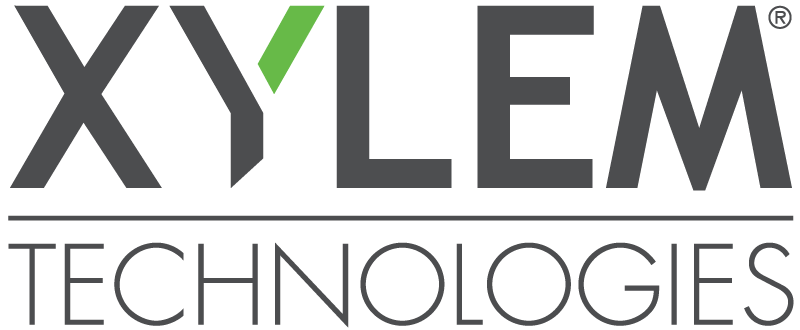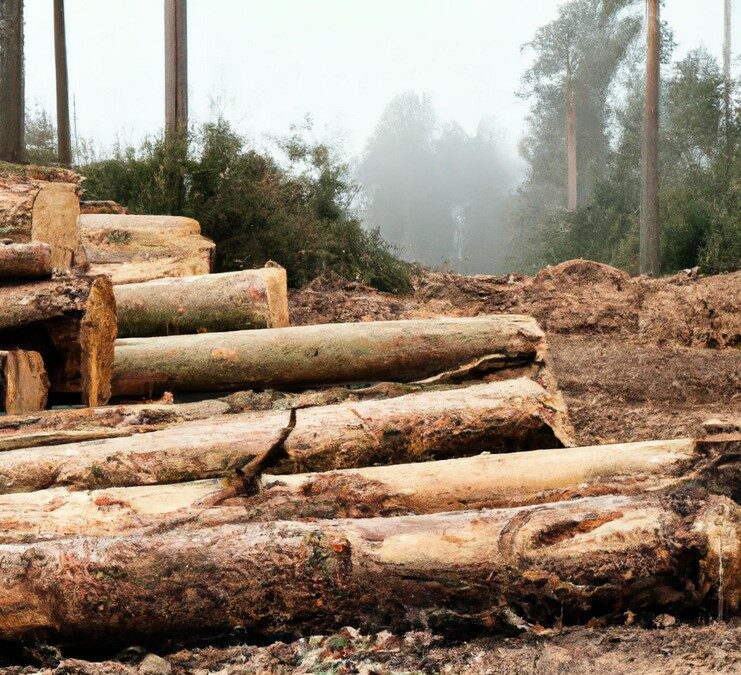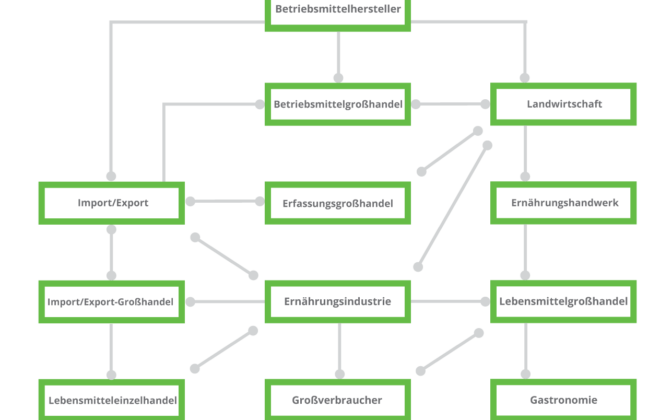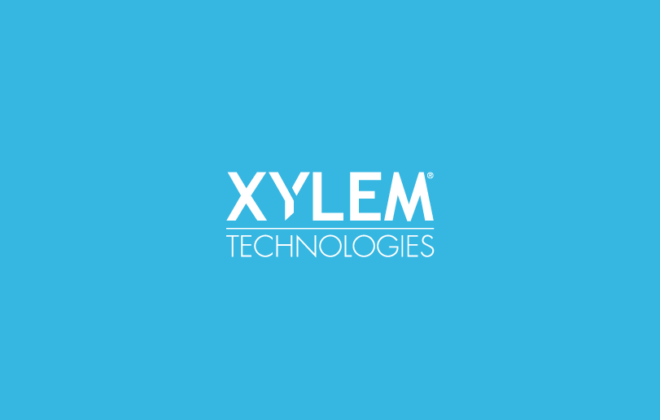How EUDR Compliance Helps Companies Comply with the European Union Deforestation Regulation
The European Union Deforestation Regulation (EUDR) aims to reduce global deforestation by regulating the trade of certain goods such as palm oil, beef, wood, coffee, cocoa, rubber, and soy, as well as their derived products like chocolate or printed paper. Companies trading these goods must demonstrate from the end of 2024 (for large and medium-sized companies) and mid-2025 (for small companies) that their products do not contribute to deforestation and forest degradation.
Moreover, the EUDR compels companies to ensure that the goods they import comply with the laws in the country of origin, including those concerning human rights and the protection of Indigenous peoples. The EU is also committed to working with producing countries to ensure that the transition to deforestation-free practices does not adversely affect their economies and people’s livelihoods. Thus, adherence to the EUDR requires robust supply chain monitoring and due diligence processes.
This is where EUDR Compliance, a tool developed by Xylem Technologies, comes in.
Comprehensive Compliance
EUDR Compliance is an intuitive solution for monitoring and managing Corporate Social Responsibility (CSR) risks. The tool enables companies to automatically identify and evaluate CSR risks associated with any number of their products. By checking whether the raw materials used meet legal requirements, EUDR Compliance helps businesses comply with regulations like the EUDR.
Continuous Monitoring
EUDR Compliance continually monitors international online media for relevant CSR incidents and links these incidents to the company’s supply chain and product data. This function acts as an early warning system for potential reputational damages that could arise from international supply chains. The tool also offers detailed supplier information, including GPS coordinates and associated production facilities, suppliers, and products. This geographic precision allows EUDR Compliance to assign identified CSR incidents to the relevant suppliers and production facilities.
Detailed Risk Assessment
EUDR Compliance calculates product-specific CSR risks, taking into account a multitude of data sources. Besides continually collecting data from online media, national statistics, and internal audit data are incorporated into the calculation. EUDR Compliance also provides detailed CSR intelligence by automatically collecting information about CSR incidents (like child labor, strikes, corruption, pollution, etc.) from international media websites and checking whether these incidents affect your supply chains.
Comprehensive Reporting
The tool provides comprehensive reporting capabilities. With EUDR Compliance, you can provide traceable and solid CSR data to interested customers, NGOs, media, business partners, or authorities. The CSR data, such as expected risks or current events, can also be used to prepare your sourcing activities. For every order, EUDR Compliance creates a report containing the risk assessment for the involved production facilities, suppliers, and regions at the time of the order. This feature is especially crucial for compliance with the EUDR, which requires extensive documentation.
Raw Material Documentation
One of the key requirements of the EUDR is the documentation of raw material sources. EUDR Compliance assists you in complying with legal requirements by matching the raw materials processed in the system with a list of accepted regions of origin. For the EUDR, EUDR Compliance uses a list that clearly shows which types of wood can be imported and used from which countries.
EUDR Compliance‘s comprehensive features make it an essential tool for companies seeking to comply with the EUDR. It ensures that companies trading in goods covered by the regulation can demonstrate their compliance in a clear, auditable manner.
In summary, as the demand for sustainable and ethically sourced products continues to grow, tools like EUDR Compliance are increasingly important. They allow companies to manage their CSR risks more effectively, comply with legal requirements, and ultimately contribute to global efforts to prevent deforestation.



